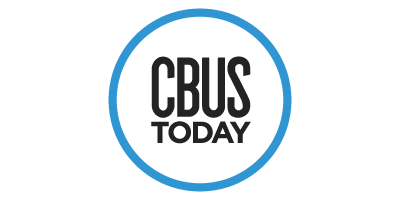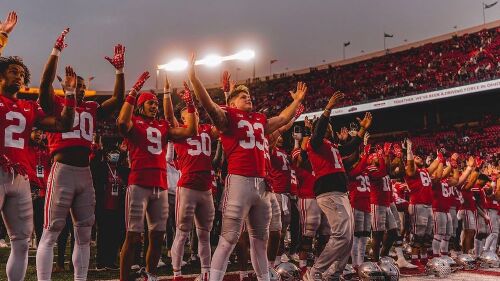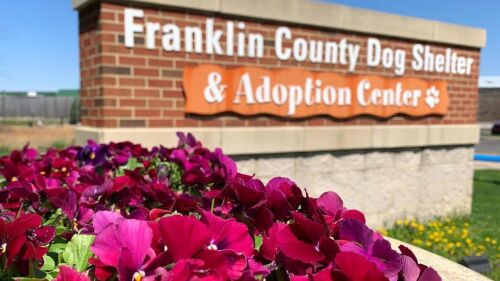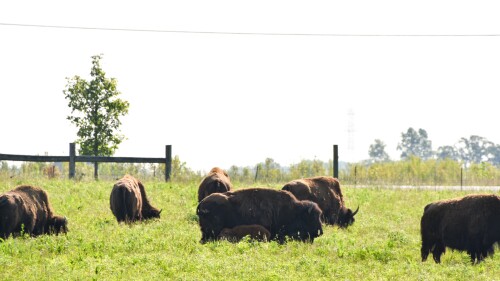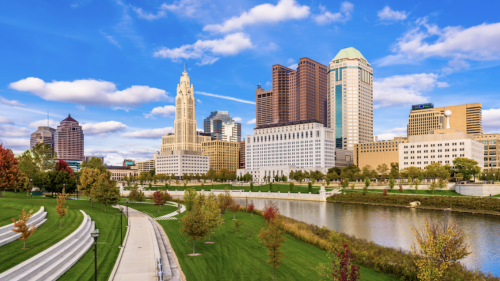The Human Rights Campaign released the 2023 Municipal Equality Index, and Columbus is on the list. How did we score?
Each year, the Human Rights Campaign releases a Municipal Equality Index which takes a deep dive into municipal laws, policies, and services and how inclusive they are of LGBTQ+ people. This year’s edition examined 506 cities on 49 different criteria across five categories — non-discrimination laws, municipality as employer, services and programs, law enforcement, and leadership on LGBTQ+ equality.
Based on these criteria, Columbus earned a score of 100 out of 100. A perfect score. Here’s a breakdown of how we got here… and how we can go even further.
Non-discrimination laws
This category looks at whether LGBTQ+ discrimination is prohibited by law in areas of employment, housing, and public accommodation. Columbus achieved a 30 out of 30 for our laws across the state, county, and municipality, and received bonus points as the municipality has protections against youth conversion therapy.
Municipality as employer
Cities can achieve points for inclusive employment policies like trans-inclusive healthcare policies and non-discrimination in city employment. Columbus got a 28 out of 28, and earned bonus points for city employee domestic partner benefits.

Lisa McLymont wants her artwork to bring communities together. | Photo via Stonewall Columbus
Services and programs
This section considers the city’s efforts to include LGBTQ+ folks in city services and programs. Columbus scored 12 out of 12, and got bonus points for city-offered services to the transgender community, LGBTQ+ youths + older adults, and more.
Law enforcement
Looking at the relationship between law enforcement and the LGBTQ+ community, Columbus earned 22 out of 22.
Leadership on LGBTQ+ equality
This section looks at city leadership’s commitment to advocacy and inclusion. Columbus got an 8 out of 8, and earned bonus points for having openly LGBTQ+ elected or appointed leaders.
Looking ahead
A perfect score does not always indicate a perfect city. Columbus could have earned some bonus points in areas like single-occupancy all-gender facilities and testing limits of restrictive state laws.
If you want to get involved, here are some local organizations that support the LGBTQ+ community.
